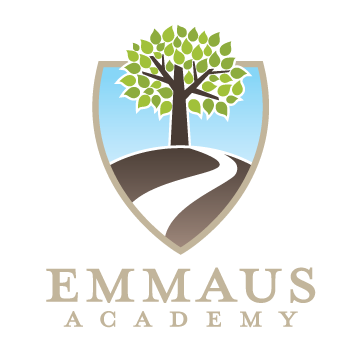


The Right Kind of Books
August 18, 2015The admissions process for the 2024-2025 school year begins shortly. This is an exciting and busy time filled with meetings, new application reviews, and family interviews, each with their own purpose. One of the purposes of the application process, and the family interview in particular, is to determine if the goals of Emmaus Academy align with the goals of the particular family we are interviewing. Therefore, we ask many questions of prospective families and provide them the opportunity to do the same of us. There is one question that always bears much fruit: what are your goals for your child’s education? We often indicate that these do not need to be academic goals, but any sort of goal. Parents pause, consider, and share, usually not just one goal but many. Over and over and over again, parents mention this as an ultimate goal – I want my child to love to learn, to be a lifelong learner.
There are dangers in journeying with someone who reads the signposts on the path differently and desires a vastly different destination. In this particular goal-to love learning, to be a lifelong learner- the prospective family and Emmaus Academy can agree. We too desire that our students graduate into a lifetime of learning. Therefore, the years at Emmaus are meant to lay a foundation, to whet an appetite, to fertilize the soil in which learning can rest, feast, and flourish for the rest of their lives.
If this is our goal, however, we must ask – what do we mean by “love of learning”? When we begin to ask questions of this widely-used phrase “love of learning”, we often find discordant answers. “The love of learning” is often, in fact, not the desired end goal-it is simply a means to a very different end. What parents often desire is that children love learning insofar as it will provide them with the necessary tools for wealth and worldly success. As Zena Hitz mentions in her 2020 book Lost in Thought: The Hidden Pleasures of an Intellectual Life, “…our vision of the love of learning is distorted by notions of economic and civic usefulness… we do not see intellectual life clearly, because of our devotion to lifestyles rich in material comfort and social superiority.” We want our children to become adults who love learning and can learn because with this skill, they can achieve success, wealth, superiority-perhaps achieve the elusive American dream so many spend their lives pursuing. As Hitz goes on to say, “…we want Einstein’s brilliant insights without the humiliation of joblessness followed by years of obscurity working in a patent office.” There is an unsettling truth in this. Indeed, how could a loving parent possibly wish these sorts of things-humiliation, joblessness, obscurity-for their child?
There is no doubt that the intellectual life, a life infused with a love of learning, can bring us prosperity. But if prosperity is our goal, then we tacitly acknowledge that wealth is the ultimate end goal of a human life. A love of learning then is simply a tool to achieve this goal.
This is not what we mean by a love of learning at Emmaus. Fundamentally, learning is a humane act, employing the gifts of the mind, presented to us by our Creator and honed with our habits. To love learning is to have affections rightly ordered toward our fellow man, to the created world, and to its Author. When we love learning, we sustain wonder toward those objects of our affection. When we love learning, we pursue knowledge and a true understanding of those objects and our relationship with them.
To love learning is to have affections rightly ordered toward our fellow man, to the created world, and to its Author.
A love of learning is useful, but usefulness is not its goal. It can stumble upon prosperity, but neither is prosperity its goal. Love of learning is a good unto itself and positively contributes to human flourishing: a far loftier goal than wealth or utility. Of course, we recognize that a love of learning is not the only goal we have for our children or even for their education. But, as an educational community, it is one of our primary goals-to foster a lifetime love of learning by focusing on that which is good, true and beautiful in the Western tradition. Students are provided the opportunity to sit shoulder to shoulder at the table of the big ideas presented in literature, music and art, to discourse on those ideas as they feast, and be nourished both by the ideas and the dialogue in which they have engaged. This is how we develop the appetite. This is how we nourish a soul. This is our small contribution to human flourishing.
When parents’ goals and our goals align, we have a fighting chance to resist the love of spectacle (a phrase borrowed from Hitz) fed by social media, to repudiate wallowing in the muddy waters of affectation and mindless controversy, and to reject the modern disdain for that which is objectively true.
Do you love to learn? Is this one of your ultimate goals for your children? There is strength and joy to be found in this community of like-minded people. There is wisdom in cautiously considering whether your family’s goals can be met in such a community. The struggle is real, the outcome has no guarantees, and the time is short. We will continue to make fostering a love of learning one of our ultimate goals. A love that is not a means to a stultified end but is a manifestation of our place in the created order to the glory of God.
We believe it is a goal worth pursuing.




